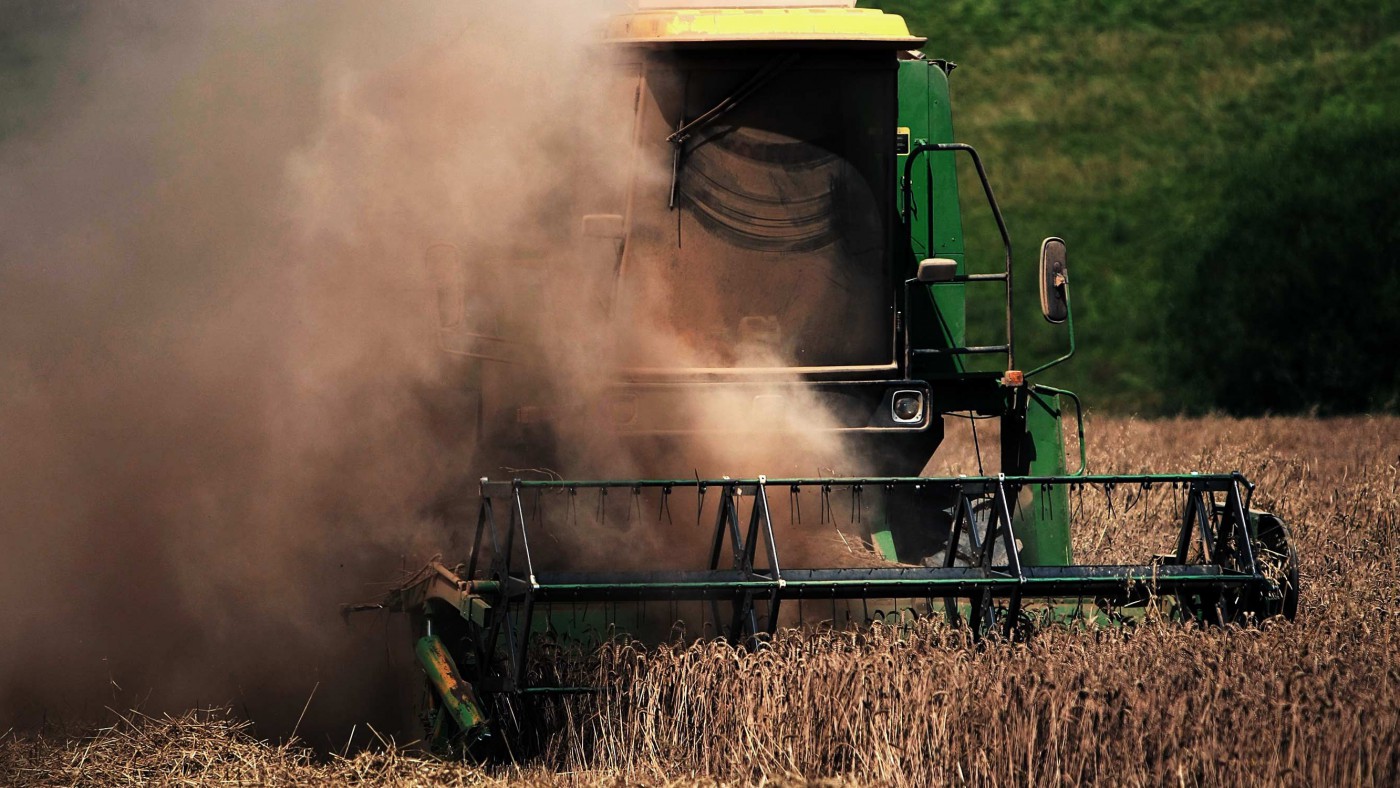Ambrose Evans Pritchard tells us in the Telegraph that Brexit, the prospect of Britain leaving the European Union, would be a disaster for British farming. Quite the contrary, it would be the necessary first step to British farming returning to being a useful and profitable part of our society.
Pritchard takes as his starting point a report from Agra Europe, stating that it is in no way propaganda. Which it is, propaganda, as Guido has been revealing. The organisation gets at minimum €250k from the EU itself. It’s not just that consultancies don’t bite the hand that feeds, this is just another brick in the wall of persuasion that we shall be subject to in the coming years. Insistences that we shall all be left, cold and starving, huddled in the wilderness if we were ever to have the temerity to reject the bosom and warm embrace of Europa herself. Complete tosh of course.
But more than this, the very thing that is warned about, the absence of farming subsidies from the EU, is something that we should desire to happen anyway. The EU itself even gives us the numbers to judge it, even if they are a little undercooked. They say that the absence of subsidies would lead to a 30% decline in farmland value. Excellent: let’s abolish farm subsidies then. After all, we don’t ever think that high prices for an input to a process is a good idea, we like low prices for inputs. This is true of steel for making cars, bread to make our sandwiches and electricity to make light: low prices are good. Low prices for land as an input to our food are good.
It is the EU’s very subsidy scheme which makes land prices high, as David Ricardo pointed out in 1817 which really is long enough ago to get the message. Any annual payment to land, land itself, is an addition to rent. And as such will always become capitalised into the value of that land. The roughly €210 a hectare (£85 an acre) Single Farm Payment thus just puts up the price of land. The price of land, whether it is the rent a tenant must pay or the capital an owner must deploy, is the greatest cost in any farming operation. It’s exactly what stops young people from being able to enter the business.
We desire lower land prices and the way to get them is to do what the world’s most profitable farming economy, New Zealand, did back in the 1980s and simply abolish all farming subsidies. Far from such abolition being a problem of Brexit, leaving would actually allow us to do what we desire to and should do. Make farming more profitable by abolishing subsidies and thus bring down the cost of the largest input, land.
The propaganda report is thus an argument that we should leave, not stay.


